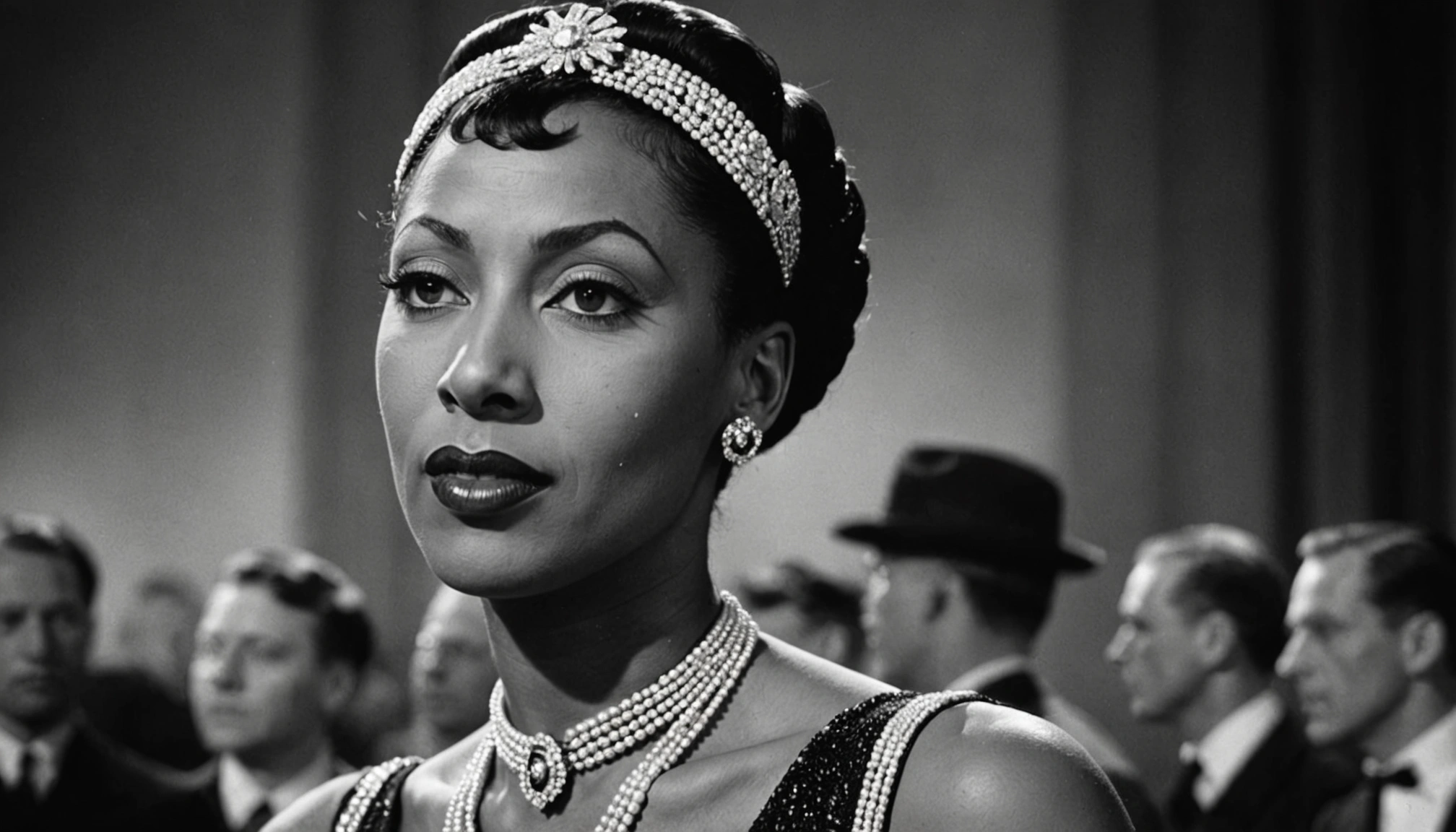Josephine Baker: From Cabaret Star to War Hero and Civil Rights Icon

Josephine Baker, the American-born entertainer who captivated France with her dazzling performances, lived a life far beyond the stage. She was a dancer, singer, actress, and, most remarkably, a spy for the French Resistance during World War II. Her story is one of courage, activism, and a relentless pursuit of equality, solidifying her place as a true icon.
Early Life and Rise to Fame
Born Freda Josephine McDonald on June 3, 1906, in St. Louis, Missouri, Baker's early life was marked by poverty and hardship. She worked as a live-in domestic from a young age and experienced homelessness. Despite these challenges, she found solace and opportunity in the performing arts. At 15, she joined a performance group and began her journey toward stardom.
Baker's career took off when she moved to Paris in the 1920s. Her unique dancing style and captivating stage presence quickly made her a sensation. She became a symbol of the Roaring Twenties, known for her energetic performances and iconic banana skirt. Baker's success extended beyond the stage; she starred in the French silent film "Siren of the Tropics," becoming the first Black woman to lead a major motion picture.
Espionage During World War II
When World War II erupted, Baker's loyalty to her adopted country, France, led her to join the French Resistance. Her celebrity status provided her with unique access to high-ranking officials, including those within the Nazi regime. Baker used her position to gather intelligence, attending parties and social events where she could overhear valuable information.
Baker's methods of transporting information were as daring as they were ingenious. She wrote secrets in invisible ink on her sheet music, allowing her to pass undetected through enemy lines. On other occasions, she hid information in her underwear, confident that her celebrity would deter searches. She also housed Resistance fighters and Jewish refugees, providing them with food, money, and forged documents.
After France's defeat in 1940, Baker moved to southwestern France but continued her work for the Resistance. She traveled extensively, entertaining troops in Africa and the Middle East while secretly gathering and transmitting intelligence. Her bravery and dedication earned her the Croix de Guerre and the Legion of Honour, two of France's highest military honors. She was the first American woman to be buried in France with military honors.
Civil Rights Activism
After the war, Baker turned her attention to fighting racial injustice. Her experiences with segregation in the United States fueled her passion for equality. During a tour of the U.S. in 1951, she refused to perform at segregated venues, forcing club owners to integrate their audiences.
Baker's activism reached a pinnacle in 1963 when she spoke at the March on Washington for Jobs and Freedom alongside Martin Luther King Jr. She was the only official female speaker at the event, sharing her experiences as a Black woman in the United States and abroad.
Baker's commitment to racial harmony extended to her personal life. She adopted 12 children from various countries, creating what she called her "Rainbow Tribe." She showcased her family as an example of how people of different races and cultures could live together in harmony.
Later Life and Legacy
Despite facing financial difficulties in her later years, Baker continued to perform and advocate for her beliefs. In 1975, she staged a triumphant comeback performance in Paris, receiving rave reviews and a standing ovation. However, just days later, she fell into a coma and died on April 12, 1975, at the age of 68.
Josephine Baker's funeral procession drew crowds of over 20,000 people in Paris, a testament to her enduring popularity and the impact she had on French society. In 2021, she was inducted into the Panthéon in Paris, becoming the first Black woman to receive this honor. Her legacy as a performer, spy, and activist continues to inspire generations. She demonstrated that one person can make a difference in the fight for freedom and equality. Her life serves as a reminder that courage, talent, and determination can overcome even the most daunting obstacles.


